The Philanthropic Organisation for Development Cooperation (PHODEC) is a non-governmental organization (NGO) based in Cameroon that is dedicated to promoting sustainability, environmental conservation, and community development. Among its many initiatives, PHODEC has taken a particular interest in the conservation of beetles, recognizing their critical roles in ecosystems. This summary outlines the organization’s activities related to beetle conservation, highlighting its multifaceted approach, achievements, challenges, and future directions.
- Background on Beetle Conservation in Cameroon
Cameroon boasts an incredibly diverse range of beetle species within its rich ecosystems, including tropical rainforests, savannahs, and mountainous regions. Beetles contribute significantly to ecological functions such as soil aeration, nutrient cycling, and pollination. However, these insects face numerous threats, including habitat destruction due to deforestation, urbanization, agricultural expansion, climate change, and pollution.
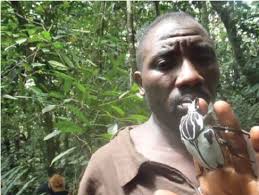
Recognizing the importance of beetle species in maintaining ecological balance, PHODEC has prioritized beetle conservation in its broader environmental initiatives. The NGO has adopted a holistic approach that integrates scientific research, community involvement, education, and policy advocacy.
- Research and Data Collection
A cornerstone of PHODEC’s beetle conservation efforts is conducting thorough research and data collection on various beetle species found in Cameroon. This includes:
- Biodiversity Assessments: PHODEC undertakes biodiversity assessments to catalog existing beetle species, their habitats, and population dynamics. Field surveys are conducted in different ecosystems across Cameroon, enabling the identification of key beetle species and their ecological interactions.
- Ecological Studies: The organization collaborates with local universities and research institutions to conduct ecological studies that explore the roles of beetles in ecosystem functioning. This research helps underline the importance of beetles in processes such as decomposition and nutrient cycling.
- Threat Analysis: PHODEC also focuses on understanding the threats facing beetle populations, including habitat loss, invasive species, and climate change. By identifying these threats, the organization can tailor its conservation strategies accordingly.
- Habitat Preservation and Restoration
Habitat loss is one of the most significant threats to beetle populations in Cameroon. PHODEC works to combat this through several initiatives:
- Protected Area Advocacy: PHODEC actively advocates for the establishment and effective management of protected areas that encompass key habitats for beetles. By collaborating with government agencies and other stakeholders, the NGO aims to ensure that these regions provide safe havens for beetle species.
- Reforestation Projects: The organization conducts reforestation initiatives to restore degraded habitats that support beetle populations. These projects not only enhance biodiversity but also contribute to carbon sequestration and improved soil health, benefiting the overall environment.
- Sustainable Land Management: PHODEC promotes sustainable land-use practices among local communities. By educating farmers and landowners on techniques such as agroforestry and organic farming, the organization aims to minimize habitat destruction and promote coexistence between agricultural activities and beetle conservation.
- Community Engagement and Education
Community involvement is crucial to the success of conservation efforts. PHODEC places significant emphasis on engaging local communities in beetle conservation:
- Awareness Campaigns: PHODEC conducts awareness campaigns to educate communities about the importance of beetles and their ecological roles. Workshops, seminars, and community events are organized to disseminate information on beetle diversity, threats, and conservation strategies.
- Capacity Building: The NGO provides training sessions for community members, equipping them with knowledge and skills to participate in conservation efforts actively. This includes training on monitoring beetle populations, habitat restoration techniques, and sustainable practices.
- Local Stewardship Programs: By establishing local stewardship programs, PHODEC fosters a sense of ownership and responsibility among community members. These programs encourage individuals to take an active role in preserving beetle habitats, leading to long-term conservation commitment.
- Policy Advocacy and Partnerships
To create an enabling environment for beetle conservation, PHODEC engages in policy advocacy at local, regional, and national levels:
- Collaboration with Government: PHODEC collaborates with government authorities to influence policies related to biodiversity conservation and habitat protection. It seeks to integrate beetle conservation into broader environmental policies, ensuring that the needs of these species are considered.
- Networking with Other Organizations: The NGO actively networks with other conservation organizations, both locally and internationally, to share knowledge, resources, and best practices for beetle conservation. Collaborative efforts enhance the overall impact of conservation initiatives.
- Research Publications: PHODEC supports and participates in the publication of research findings related to beetles and their conservation. By contributing to scientific literature, the organization raises awareness of beetle biodiversity and its significance.
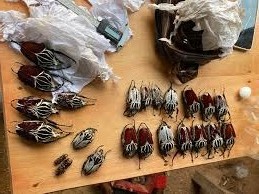
Related Posts
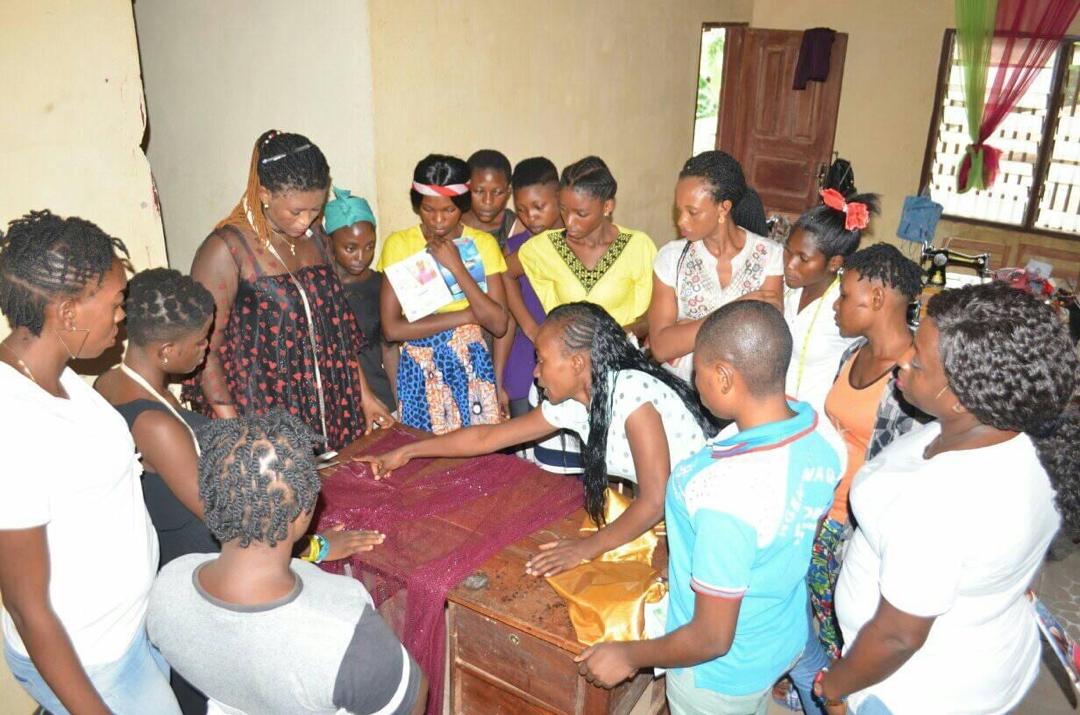
Sewing for a better life: Internally displaced persons regain hope In Kumba, South West Region, Cameroon.
Tailoring & Dressmaking course have been designed with…
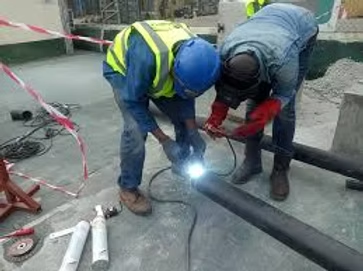
Arc Welding Training To Youth (IDPs) in Kumba
The project aimed to support internally displaced persons…
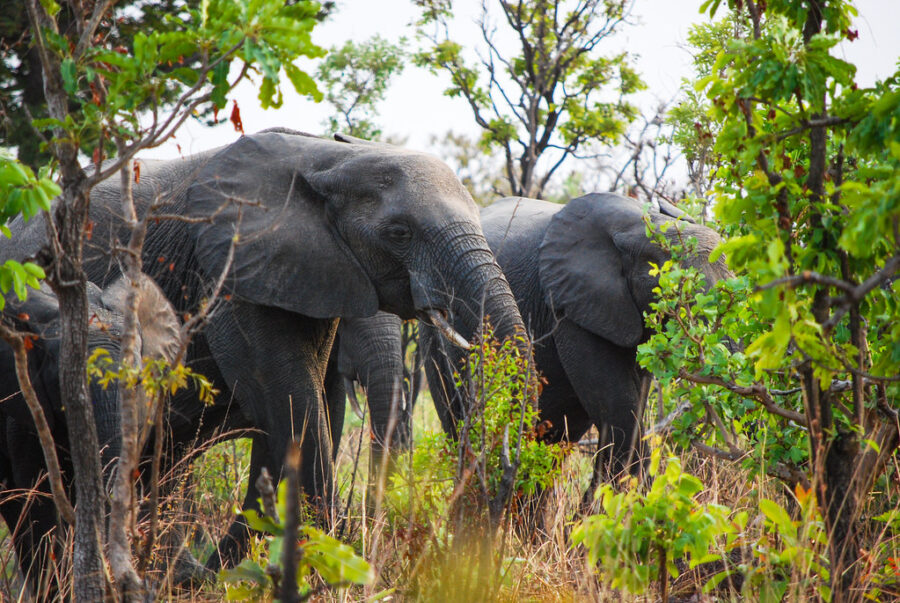
Promoting Wildlife Protection and Ecological Balance HELP TO BUILD A SECURE LIFE OF A POOR CHILDREN
This project aims to bolster wildlife conservation efforts…
